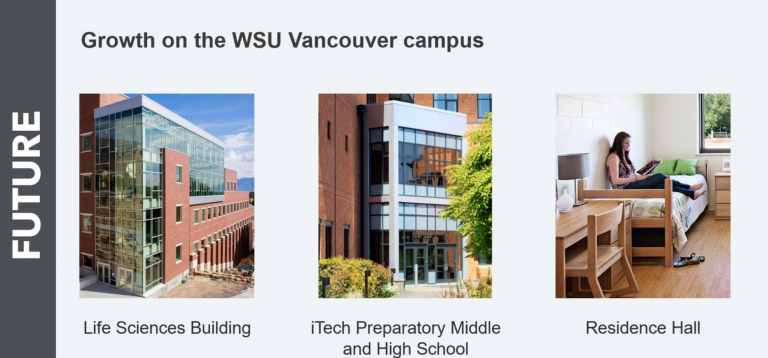
The headwinds against the emerging workforce are real and in many ways, unprecedented. Automation technology is entering the mainstream in many previously thought human-dependent sectors. Increased technical skills are required for most jobs and the skills that are necessary for today’s job are likely to look very different only a few years from now. How are students expected to develop a game plan for a successful career strategy in this environment? Our local educational partners are working with the CREDC and its stakeholders to prepare students to be nimble, intelligent, and innovative in their approach to career preparation.
Today, a successful education system requires deep and meaningful connections to employers. Students, teachers, parents, and counselors alike must be aware of both the soft skills and unique technical requirements for local employers. Our local K12 and higher ed system has been working to this end for years. We have a strong, well-supported STEM network, working on scaling the impact of successful programs Countywide. The local players and the support are there, but more work can be done at the state-level to give us the tools we need to develop a truly integrated employer-education network.
This week, we had the privilege of hearing from WSUV Chancellor, Mel Netzhammer, at the CREDC Spring Luncheon. Washington State University Vancouver is a strong example of how community-minded educational institutions can have a direct and dramatic impact on improving local economic outcomes. It is difficult to find an employer in Clark County that has not been positively impacted by the quality of WSUV graduates entering our workforce. Direct connections to employers with their Business department, Computer Sciences, CMDC, and many others have helped to build confidence in our areas ability to provide strong talent for our target cluster industries. But WSUV is not resting on past success.

Chancellor Netzhammer laid out a bold and thoughtful new strategic plan for WSUV that includes improving research, student numbers, community partnerships, as well as diversity/equity outcomes. New degree programs coming to WSUV are a result of a sophisticated analysis of employer demand, student interest, and institutional capacities. The addition of degrees in entrepreneurship as well as several engineering offerings will have lasting impacts on economic outcomes for our community. The plans for a new iTech preparatory building on campus reflect a commitment to innovative and integrated educational approaches. A new Life Sciences Building will centralize existing successful programs as well as create opportunities to support a strong emerging cluster in Southwest Washington and in the region. Finally, an accelerated effort to offer student housing will support foreign students as well as many local students caught in the current housing affordability crisis.
Business growth and attraction hinges largely on the ability to attract and retain talent. In Clark County, the connection between employers and WSUV, Clark College, Private Education Providers, apprenticeship partners, and our K12 system give us an advantage over many other areas. We must continue to cultivate these connections and commit to continuous improvement of our deliver methods if we are to stay competitive for the jobs of tomorrow.
Ready to begin? Bring your business #JustNorth
Subscribe to our quarterly newsletter to learn more about upcoming events, regional news, and more.